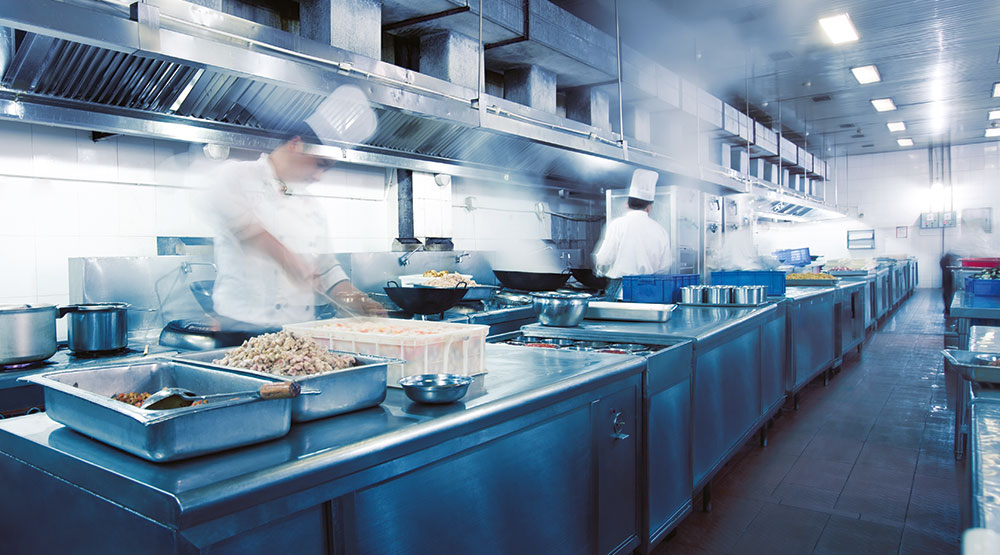
ISS has made significant progress against its global food service sustainability targets with a collective 30 per cent food waste reduction from its 2019 baseline.
According to ISS, this achievement puts the facilities management services company on track to reach its target of 50 per cent food waste reduction by 2027.
Furthermore, ISS has taken another step towards fulfilling its commitment to the World Resource Institute’s Cool Food Pledge by reducing nearly 5 per cent of the greenhouse gas emissions per 1000 kcal associated with the food it serves globally.
Hamish Cook, head of group food services, said the activities and progress are a result of ISS’s global food sustainability programme which the company rolled out across countries at the beginning of 2022.
“A key element of the programme was to enhance our focus on innovation and leverage data and insights across our global operations. Our partnership with technology company Winnow has been a key lever in this endeavour,” said Cook.
“By integrating Winnow’s Artificial Intelligence solutions into restaurants and kitchens, our chefs are empowered with knowledge about plate waste and consumer patterns, which helps them to optimise food production and portion sizes – thereby reducing food and plastic waste.”
Through Winnow, ISS is now achieving a collective annualised saving rate of 985,000 tonnes of food waste for its customers. This is equivalent to saving 2,463,000 meals and reducing Co2 emissions by 4,200 tonnes.
Last year, ISS committed to the World Resource Institute’s Cool Food Pledge to reduce greenhouse gas emissions by 25 per cent by 2030. ISS also plans to its plant-based menu offerings.
“Our key priority is to encourage our customers to make more sustainable choices, benefiting both the climate and personal health. This means that we are enhancing innovative recipes development, menu concepts, and comprehensive culinary training,” said Cook.
As part of this effort, in collaboration with Unilever, ISS is incorporating WWF’s and Unilever’s collaborative suggestions for ‘Future 50 foods’ – 50 nutritious foods with a minimal environmental footprint – into recipes across the world.
In addition to enhancing its culinary training of ISS chefs, both in waste and Co2 reduction efforts, ISS is initiating awareness campaigns across customer sites and its own locations.
Comment below to have your say on this story.
If you have a news story or tip-off, get in touch at info@incleanmag.co.nz.
Sign up to INCLEAN NZ’s newsletter.